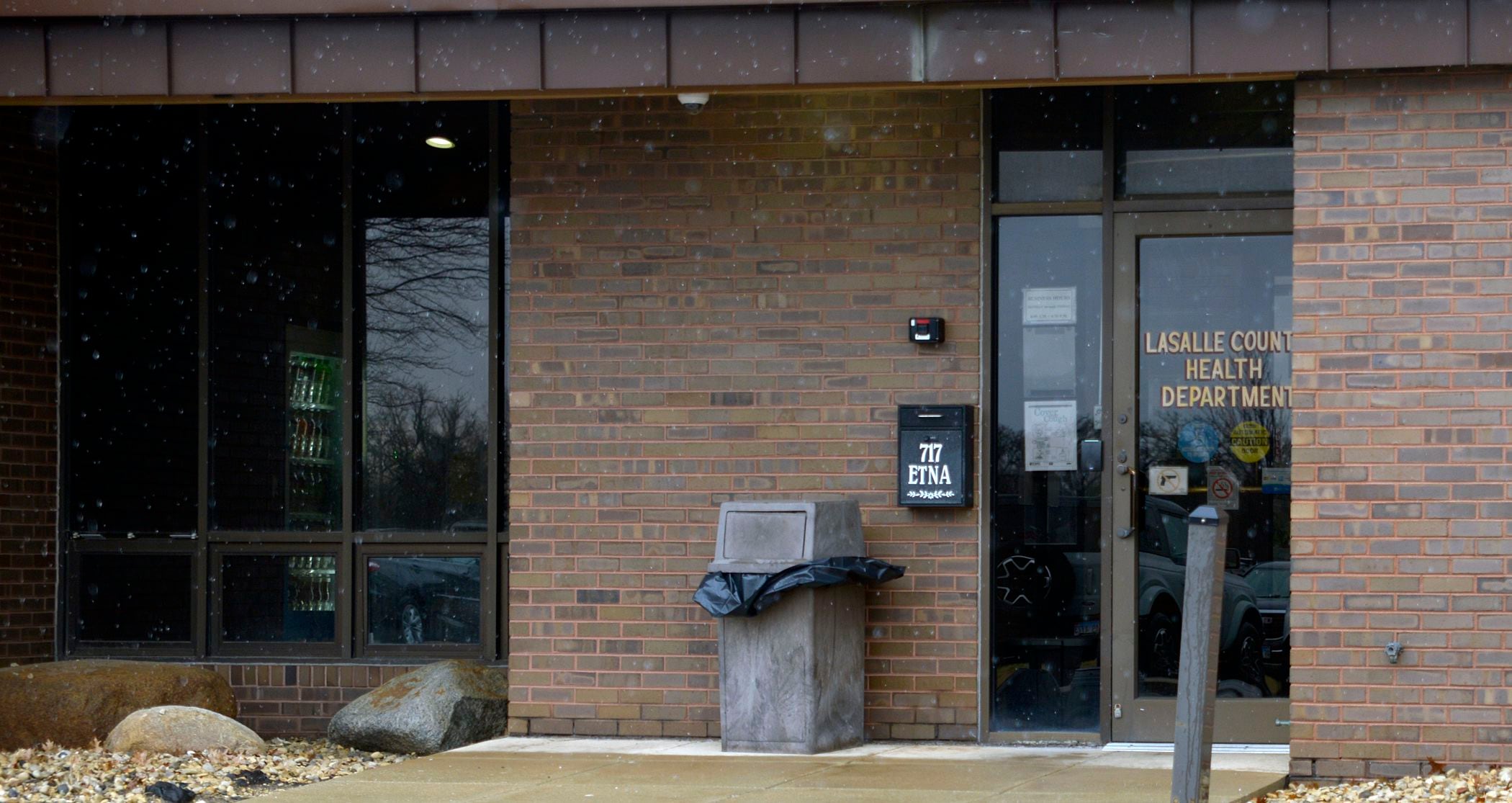At the Cinemark Grade: A- War films walk a precarious tightrope as they try to capture battle in meticulous detail, without glorifying the death of the soldiers. The fallen must be remembered, and we must mourn them, but without romanticizing or exploiting their sacrifice. Gen.
Eisenhower, supreme commander of Allied Forces, shared that lesson with us when he returned to France in June 1964 to remember D-Day. Eisenhower’s reaction was one of deep gratitude for the courage of these good men, balanced by a profound sadness that, under his command, they never returned home. He ended his visit by walking among white crosses overlooking Omaha Beach.

He expressed his hope for “eternal peace,” one that would spare future generations the horror or war. Steven Spielberg vividly recreated that June 6 assault on Omaha Beach in the opening scene of “Saving Private Ryan.” Veterans have cried watching that film, while others prefer not to reignite those painful memories.
The power of those 23 minutes, filmed in County Wexford, Ireland, on Curracloe Beach, lies in its historical precision, its willingness to capture the graphic details of the sacrifice. We see the fear in the eyes of soldiers before landing. We see them climbing over edge of landing craft and struggling to breathe as they push forward directly into machine-gun fire.
We see flat-bottomed boat floors covered by vomit, and beach sand washed by a red tide. We see our troops die before they fired a single round. It’s a horrific, but necessary, restaging of that battle.
We need to remember that battle so we won’t repeat it. That was Eisenhower’s wish, and we should join him in that prayer for peace. I offer that flashback as background toward appreciating “Warfare.
” “Warfare,” directed by Ray Mendoza and Alex Garland, recreates two hours from the Iraq War in intimate detail, drawing the story from testimonies from platoon members. The result is a “real-time” immersive script which does not embellish the events of that day, Nov. 19, 2006.
In movie terms, nothing substantial happens in these two hours – and yet, inside these soldiers, everything happens. The platoon takes control of an apartment, overlooking a market where Iraqi fighters are suspected of gathering. An American sniper lies on his stomach, eyeing the entrance to the market through a hole punched in a wall.
Eventually – inevitably – Iraqi fighters target the platoon, and an assault begins. Explosives are thrown inside; shots are fired through windows. The platoon suffers casualties.
They call in a Bradley vehicle to transport the wounded, which draws more fire down upon them. Finally, they need to retreat. But Iraq forces are increasing and rapidly closing in on them.
One building. Two hours of war. Recreated in micro-detail.
What emerges is a band of brothers, who are primarily motivated by love for each other. When two are wounded, others toss smoke bombs, and rush to their sides to pull them inside. When friends scream, soldiers rip cloth into tourniquets to stop bleeding.
They retrieve morphine from medical kits to lower the pain. We never see a close up of an enemy soldier. Instead, we see closeups of American soldiers caring for each other, while their sniper rifles are trained on the streets below.
There are micro-moments of care: a hand rests on the shoulder of a partner, before they rush into gunfire; a soldier looks into the eyes of a wounded colleague, worried: “You good?” We also experience preludes to decision – momentary hesitation before deciding his own life is less important than that of his friend. And we share the fear inside our outnumbered GIs, when Iraqi movements foreshadow an assault: “You think they’re gonna do it?” “Warfare” shows us a close-up, interior view of brotherhood, of fear, of suffering. In order to stop war, we need to see war.
“Warfare” brings one small encounter inside us. It is hard to watch, and yet, we need to watch. Both to honor the soldiers, and to keep them home.
.
Top

Helena IR movie review of 'Warfare': Fighting for who’s beside us in brotherhood of war

What emerges in "Warfare" is a band of brothers, who are primarily motivated by love for each other, Helena IR movie reviewer Brent Northup says.











